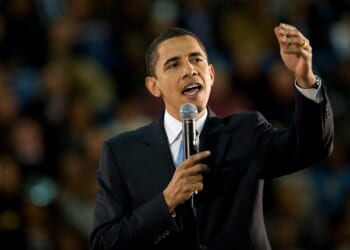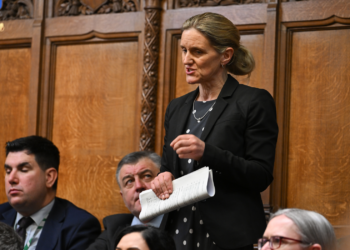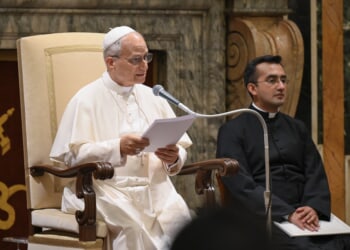Japan’s political landscape could be on the brink of major upheaval after exit polls showed Prime Minister Shigeru Ishiba’s ruling coalition likely lost its majority in the country’s upper house following a key national election Sunday.
Voters cast ballots for half of the 248 seats in Japan’s less powerful upper house, and early results suggest the coalition—comprised of Ishiba’s Liberal Democratic Party (LDP) and its junior partner Komeito — suffered significant losses. NHK projected the coalition would win between 32 and 51 seats, far short of the 50 needed to maintain a working majority with their current 75 seats.
BREAKING: Japan’s ruling coalition looks set to suffer a significant loss of seats in the country’s upper house election, in a vote dominated by inflation and immigration.https://t.co/hzTaD5ehlw pic.twitter.com/UxVApxt91l
— Nikkei Asia (@NikkeiAsia) July 20, 2025
That’s a dramatic slide from the 141 seats the coalition held before the election. While the upper house cannot initiate a no-confidence vote, the outcome is expected to increase pressure on Ishiba to resign or negotiate a new coalition agreement.
The vote comes amid growing voter frustration over inflation, stagnant wages, and burdensome social security costs. Many Japanese citizens are also reacting to the government’s perceived failures in handling economic challenges, particularly as prices for essentials like rice continue to climb.
Adding to Ishiba’s woes, President Donald Trump has criticized Japan over stalled trade negotiations and the country’s lack of U.S. auto and agricultural imports, particularly American-grown rice. A 25% tariff set to take effect Aug. 1 has further strained relations. (RELATED: Trump Announces New Tariffs On Japan, South Korea)
The results mark another setback for Ishiba, whose coalition also lost its majority in the more powerful lower house last October. Meanwhile, rising populist parties — especially the nationalist Sanseito — are gaining traction, advocating for stricter immigration policies and a “Japanese First” agenda.














